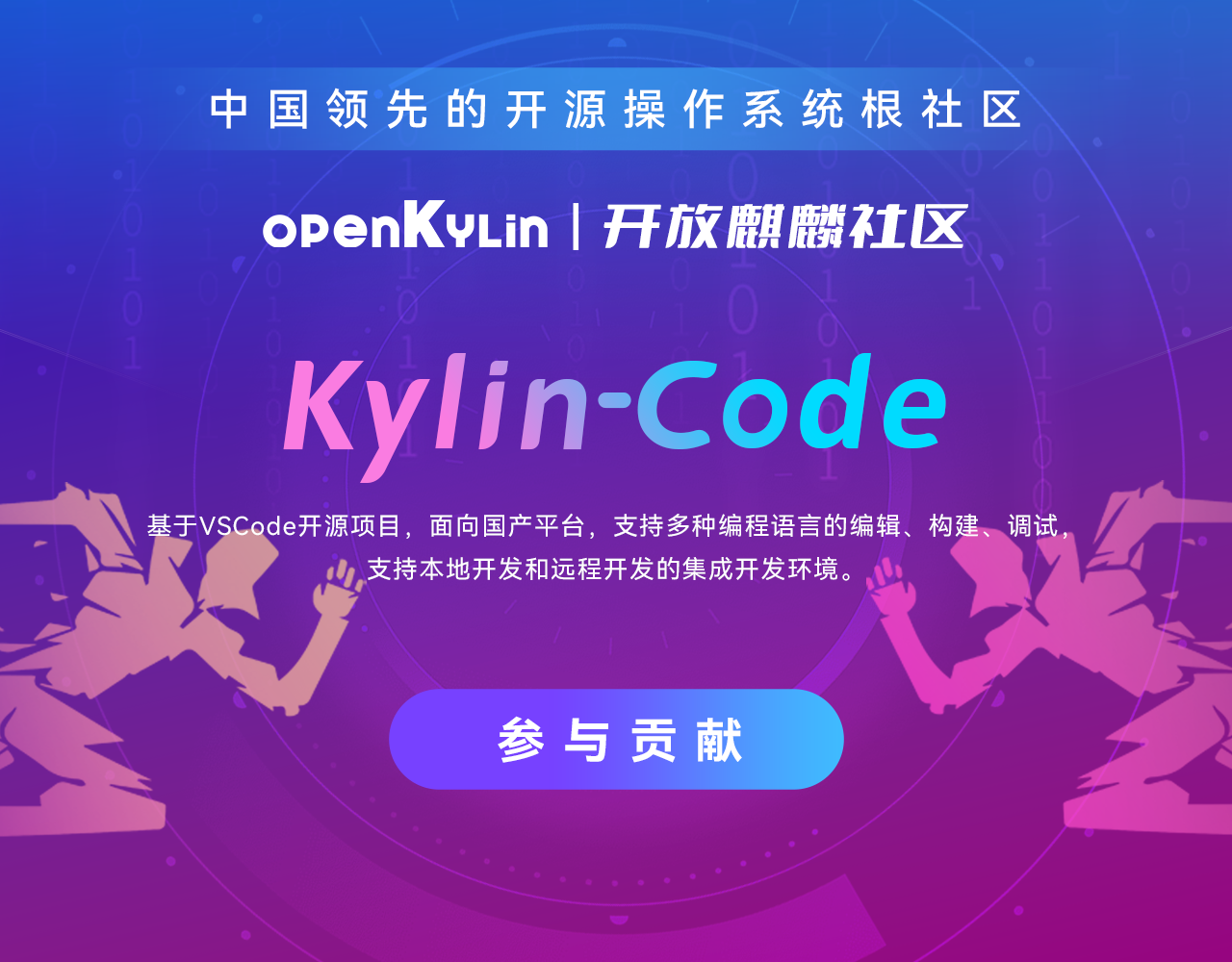urllib_parse_urlparse.py from urllib.parse import urlparse url = ' http://test.dis.e.sogou/adlist?offset=0&auth=69CF80EA062863279B72612FA5443B6F&requestId=0025500016111592878436805&count=1&network=1 ' parsed = urlparse(url) print(parsed)
python3 urllib_parse_urlparse.py ParseResult(scheme='http', netloc='test.dis.e.sogou', path='/adlist', params='', query='offset=0&auth=69CF80EA062863279B72612FA5443B6F&requestId=0025500016111592878436805&count=5&model=2&terminal=3&network=1', fragment='')
urllib_parse_geturl.py from urllib.parse import urlparse original = ' http://test.dis.e.sogou/adlist?offset=0&auth=69CF80EA062863279B72612FA5443B6F&requestId=0025500016111592878436805&count=5&model=2&terminal=3&network=1 ' print('ORIG :', original) parsed = parse.urlparse(original) print('PARSED:', parsed.geturl())
$ python3 urllib_parse_geturl.py ORIG : http://test.dis.e.sogou/adlist?offset=0&auth=69CF80EA062863279B72612FA5443B6F&requestId=0025500016111592878436805&count=5&model=2&terminal=3&network=1 PARSED: http://test.dis.e.sogou/adlist?offset=0&auth=69CF80EA062863279B72612FA5443B6F&requestId=0025500016111592878436805&count=5&model=2&terminal=3&network=1
urllib_parse_urljoin.py from urllib.parse import urljoin print(urljoin(' http://www.example.com/path/file.html ', 'anotherfile.html')) print(urljoin(' http://www.example.com/path/file.html ', '../ anotherfile.html'))
$ python3 urllib_parse_urljoin.py http://www.example.com/path/anotherfile.html http://www.example.com/anotherfile.html
urllib_parse_urljoin_with_path.py print(urljoin(' http://www.example.com/path/ ', '/subpath/file.html')) print(urljoin(' http://www.example.com/path/ ', 'subpath/file.html'))
$ python3 urllib_parse_urljoin_with_path.py http://www.example.com/subpath/file.html http://www.example.com/path/subpath/file.html
urllib_parse_urlencode.py from urllib.parse import urlencode query_args = { 'q': 'query string', 'foo': 'bar', } encoded_args = urlencode(query_args) print('Encoded:', encoded_args)
$ python3 urllib_parse_urlencode.py Encoded: q=query+string&foo=bar
$ python3 urllib_parse_parse_qs.py parse_qs : {'foo': ['foo1', 'foo2']} parse_qsl: [('foo', 'foo1'), ('foo', 'foo2')]
test_dippatcher_adlist.py url= ' http://test.dis.e.sogou/adlist?offset=0&auth=69CF80EA062863279B72612FA5443B6F&requestId=0025500016111592878436805&count=3&model=ios&terminal=1&version=2&network=1 ' http: //test.dis.e.sogou/adlist? offset=0&auth=69CF80EA062863279B72612FA5443B6F&requestId=0025500016111592878436805&count=3&model=ios&terminal=1&version=2&network=1' #Get request_id and auth request_id = generate_requestId( expect [ 'platformId' ], expect [ 'posId' ]) auth = generate_auth(request_id, expect [ 'token' ]) #Modify the parameters in Url and replace request_id and auth #Analysis URL url_parsed = parse.urlparse(url) bits = list(url_parsed) qs = parse.parse_qs(bits[ four ]) #Replace interface input parameters in qs qs[ 'requestId' ] = request_id qs[ 'auth' ] = auth qs[ 'offset' ] = expect [ 'offset' ] qs[ 'count' ] = expect [ 'count' ] qs[ 'model' ] = expect [ 'model' ] qs[ 'terminal' ] = expect [ 'terminal' ] qs[ 'version' ] = expect [ 'version' ] qs[ 'network' ] = expect [ 'network' ] #Edit Query Parameters bits[ four ] = parse.urlencode(qs) #URL reverse resolution url_new = parse.urlunparse(bits) print(url_new)
$ python3 test_dispatcher_adlist.py bits: [ 'http' , 'test.dis.e.sogou' , '/adlist' , '' , "offset=0&auth=69CF80EA062863279B72612FA5443B6F&requestId=0025500016111592878436805&count=3&model=ios&terminal=1&version=2&network=1' http://test.dis.e.sogou/adlist?offset=0&auth=69CF80EA062863279B72612FA5443B6F&requestId=0025500016111592878436805&count=3&model=ios&terminal=1&version=2&network=1 " , '' ] qs: { 'offset' : [ '0' ], 'auth' : [ '69CF80EA062863279B72612FA5443B6F' , '69CF80EA062863279B72612FA5443B6F' ], 'requestId' : [ '0025500016111592878436805' , '0025500016111592878436805' ], 'count' : [ '3' , '3' ], 'model' : [ 'ios' , 'ios' ], 'terminal' : [ '1' , '1' ], 'version' : [ '2' , '2' ], 'network' : [ "1' http://test.dis.e.sogou/adlist?offset=0 " , '1' ]} bits[ four ]: offset= zero &auth= eight thousand two hundred and fifteen f55af287a62a29efe7a70fd3ba0d&requestId= 0025500016111593405114583 &count= one &model=eee&terminal= one &version=eee&network= one http: //test.dis.e.sogou/adlist? offset=0&auth=8215f55af287a62a29efe7a70fd3ba0d&requestId=0025500016111593405114583&count=1&model=eee&terminal=1&version=eee&network=1





























































